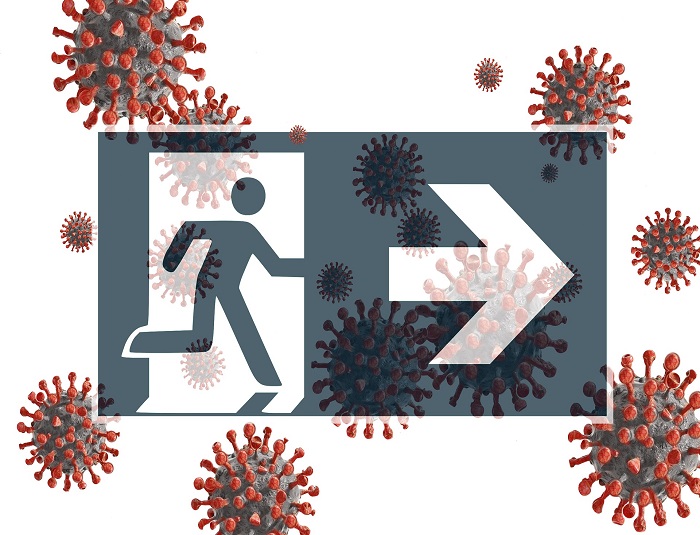The Impact of Covid-19 That Is yet to Come
12 June, 2020
By Guy Vereecke, AHEAD (Belgium)

This crisis, more than any other, has been a real shock. Not only for our health systems, but it shed light on how we live our lives and how we operate our businesses. Now, that most countries have shifted their focus from managing the crisis to ending their lockdowns, it becomes clear that a return to the old “normal”, will not be universal and certain … some even speak of the new “abnormal”.
More and more people realize that the place we are going to come back to, will be different from the place we came from. The world has irreversibly changed. How? We are not sure. Nobody knows where we will be in six months, a year or five years from now … but some trends are here to stay, and they will play a key role in how we will work in the post-pandemic era.
Organizations will not only have to think about how they will re-open, but they will also have to rethink their operating model. Studies show that the new remote sales channels are equally or more effective than the traditional channels.
It is clear that the shift to digital networks has accelerated. Not only were webshops often the only way to acquire our needed goods,but most of us got accustomed very quickly to videoconferences as a way to interact with clients, colleagues and suppliers. Now that we have been forced to adapt to a new way of working: relying on email, videoconferencing and virtual group sessions, face-to-face meetings may become obsolete as we all move into a virtual space. Employees who saw the benefit of working from home, may be rather reluctant to start the time-consuming and stressful commute again.
With social distancing measures in place, the workplace may look very different to what we were all used to. Business travel may no longer be necessary and the notion of putting hundreds of people in a building may be a thing of the past. Google will keep its employees at home until the end of the year, while Facebook and Twitter decided that employees can continue to work at home for the foreseeable future and they expect/anticipate that half of them will be able to continue to do so forever.
A shared sense of purpose and common performance culture made it easy for employees and leaders to know what the company stands for and to get things done, without traditional ‘command and control’ procedures. However, this forced time-off, was also a unique opportunity to focus on what really matters for a lot of us… and those companies that really stood out and found the right balance between business requirements and taking care of the individuals and the community will definitely have an edge in the post-corona era.
Now more than ever, companies need to develop a talent strategy that expands employees’ digital and cognitive competences, their social and emotional skills, and their adaptability and resilience.
It is clear that the winners will be the agile organizations who care about their people while we will probably be confronted with severe lay-offs and high unemployment rates, the real talent will remain scarce and … in the driving seat. You are better prepared for this new normal.

